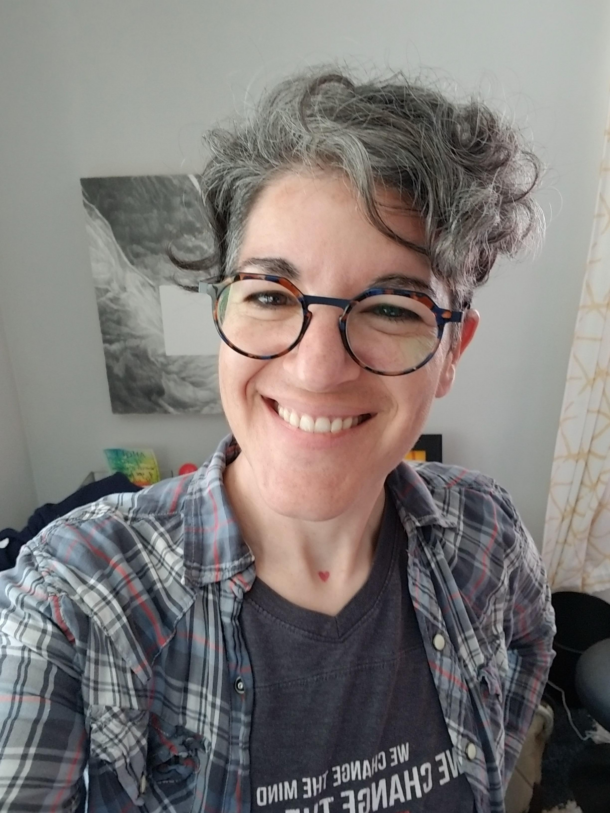The curious paradox is that when I accept myself just as I am, then I can change.
– Carl Rogers
While there was most certainly a time in my life before I felt body-consciousness – abundant stories and even a few photos testify to my joyful aversion to clothes through my toddlerhood – I don’t have a recollection of that time.
Instead, I remember self-consciousness through my pleasantly plump childhood years; body dysmorphia through my teen years that convinced me my newly lean body was problematic and ungainly; and an adulthood in which my sense of body comfort was far too closely tied to numbers – those on the scales and those found on the tags of my clothing.
Among the gifts of my 40th birthday was an awareness of just how much energy and emotion I had put into fighting my body and that I was absolutely unwilling to continue. Enter: the dreaded Hows.
As you have no doubt experienced, a solid intellectual understanding is often not enough to elicit change. The Innerling dissection of my body’s imperfections continued despite this bit of awareness. I tried focusing on the functionality of my body. I tried positive affirmations. I tried reminding myself that if I saw my body on another person, I would find her shape far more pleasing than my own.
And they all had an impact, mostly good. All short-lived.
Then I stumbled across another approach. At some point, during some moment of mirror-facing judgment, I simple acknowledged what I saw: This is my body.
Not: “This is my body and it is beautiful and it is strong and capable and I love every bit of it!” but, simply, “This is my body.”
The judgment didn’t go away but it also didn’t strengthen, as so often happens when I’ve tried performing positivity.
This is the core of radical acceptance: That we acknowledge all that exists within and around us, exactly as it is. We needn’t perform mental calisthenics that make whatever we find pleasing; in fact, those exercises, quite ironically, actually work against acceptance by resisting the reality we’re experiencing.
My reality is that a part of me has spent decades finding fault with my body and will almost definitely rear its head for the rest of my days.
My reality is also that the more I accept this fact, and the more I lean into whatever I find in the mirror, the less that judgment plagues me. Instead, it’s just a part of my messy wholeness.
And the more I accept this part of my messy wholeness, the more often I’m able to look in the mirror and see shapes that I find okay… sometimes even delightful.
Acceptance work is part of my every day in coaching – and part of my every day in my own inner work. If you’re curious how acceptance might lead you to greater ease, freedom, and perhaps even self-appreciation, I’m eager to talk with you.
